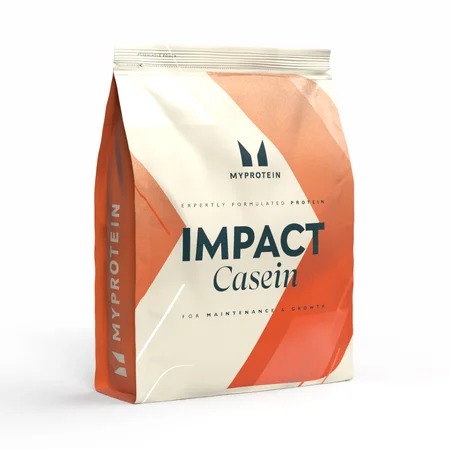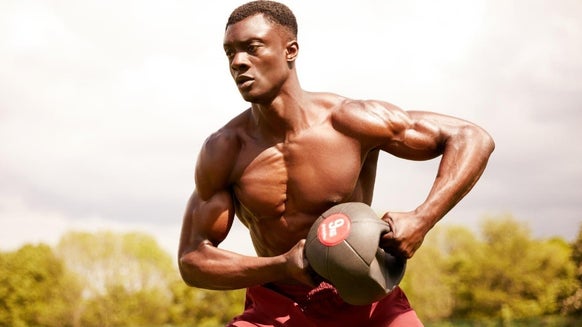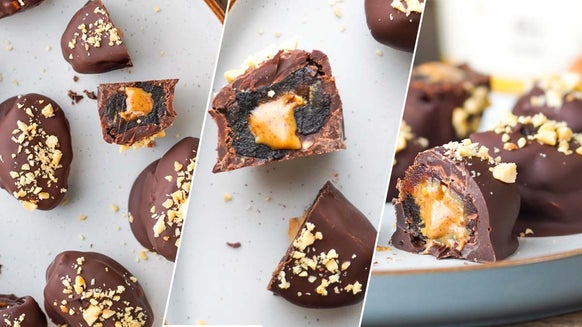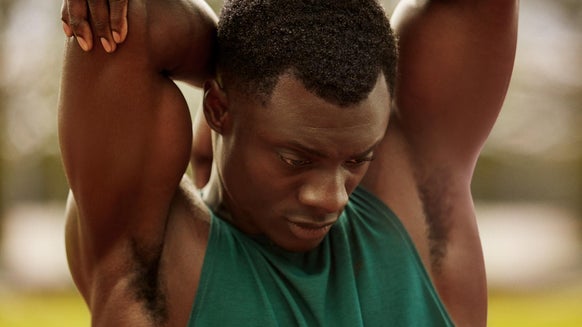Eating Before Bed? | What Foods Are Good Or Bad?

Eating before bed has long divided public opinion. For many people, eating before bedtime is part of their routine, and helps them to relax into sleep. Others, however, find that eating even a couple of hours before their bedtime has an adverse effect on their sleep. But does eating before bed have a positive or negative effect on us?

Best foods to eat before sleep
Oats
Although this food is often associated with the start of the day, oats
Oats are packed with nutrients, including protein, carbs and fibre. They’re also excellent sources of manganese, zinc and iron.
Almonds
These little nuts make a great snack throughout the day. They’re often praised for being a filling source of healthy fats and protein. They’re also a great food to have before bed.
Almonds
Bananas
Honey
Speaking of honey...this natural sweet treat is a great accompaniment to a before bed snack. Honey provides the body with melatonin which encourages sleep. It also discourages orexin, which can keep the body alert even when you want to nod off.
Honey is also a powerful antioxidant so it can help ward off harm within the body as you’re resting. Opt for Manuka honey for the most impressive benefits.

3 Manuka Honey Benefits You Should Know About
This sweet stuff might just surprise you.
Foods that can harm sleep
Caffeine
Alcohol
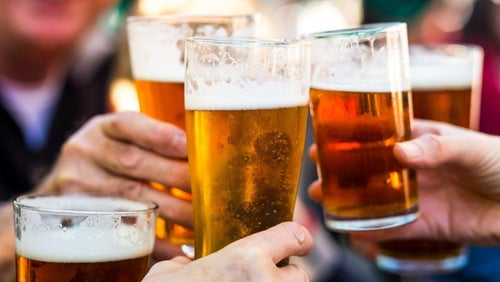
Do I Need To Ditch Alcohol To Lose Weight?
Don't throw your beer away just yet...
Fatty foods
Cheese
Spicy food
Take home message
READ THESE NEXT:
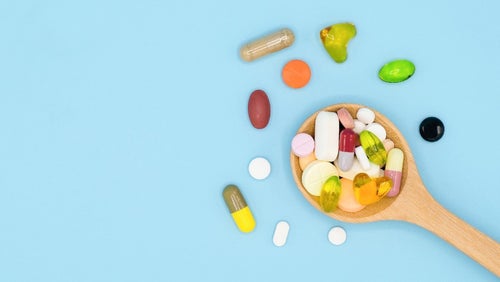
10 Best Vitamins & Supplements For Energy
Falling asleep at your desk? We're here to help.

Liam is a certified sport nutritionist with the International Society of Sport Nutrition and is enrolled on the British Dietetics Association’s Sport and Exercise Nutrition register. He has a Bachelor’s of Science in Sport and Exercise Science and is graduate of the ISSN Diploma in Applied Sport and Exercise Nutrition.
Liam is an experienced personal trainer, helping clients reach their health and fitness goals with practical, evidence informed exercise and nutrition advice. In his spare time Liam has competed in numerous powerlifting competitions and enjoys hill walking, football and expanding his recipe repertoire in the kitchen.Find out more about Liam's experience here.
- Meng X, Li Y, Li S, et al. Dietary Sources and Bioactivities of Melatonin. Nutrients. 2017;9(4):367. Published 2017 Apr 7. doi:10.3390/nu9040367
- Peuhkuri K, Sihvola N, Korpela R. Diet promotes sleep duration and quality. Nutr Res. 2012;32(5):309–19.
- Sae-Teaw M, Johns J, Johns NP, Subongkot S. Serum melatonin levels and antioxidant capacities after consumption of pineapple, orange, or banana by healthy male volunteers. J Pineal Res. 2013 Aug;55(1):58-64. doi: 10.1111/jpi.12025. Epub 2012 Nov 9. PMID: 23137025.
- Institute of Medicine (US) Committee on Military Nutrition Research. Caffeine for the Sustainment of Mental Task Performance: Formulations for Military Operations. Washington (DC): National Academies Press (US); 2001. 2, Pharmacology of Caffeine. Available from: https://www.ncbi.nlm.nih.gov/books/NBK223808/
- Britton, A., Fat, L.N. & Neligan, A. The association between alcohol consumption and sleep disorders among older people in the general population. Sci Rep 10, 5275 (2020). https://doi.org/10.1038/s41598-020-62227-0
- Raiteri M, Del Carmine R, Bertollini A, Levi G. Effect of sympathomimetic amines on the synaptosomal transport of noradrenaline, dopamine and 5-hydroxytryptamine. Eur J Pharmacol. 1977 Jan 21;41(2):133-43
- Lichtenstein GR. The Importance of Sleep. Gastroenterol Hepatol (N Y). 2015;11(12):790.
